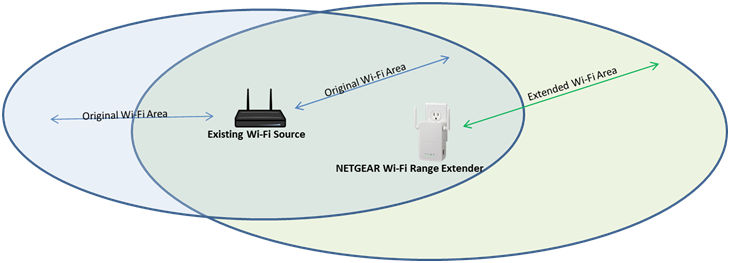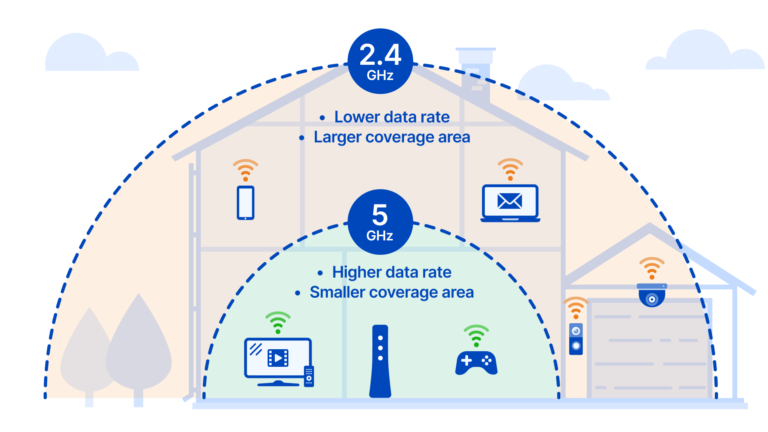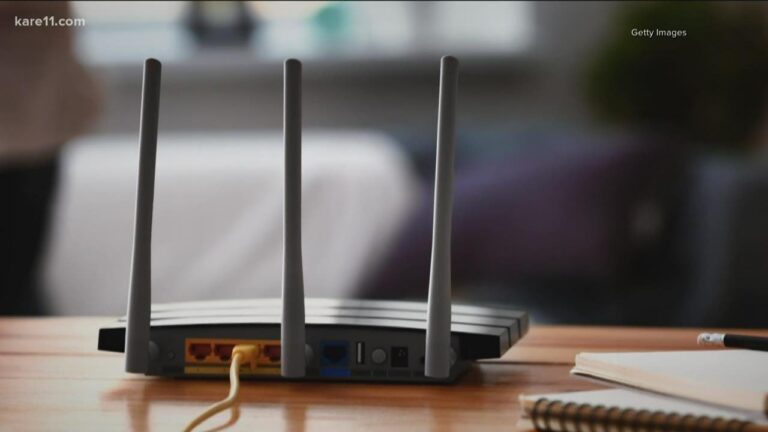What Is Residential CCTV?
Residential CCTV (closed-circuit television) is a security system that uses cameras to monitor a home or property. The cameras are connected to a recording device such as a DVR, and the footage is stored for later viewing. Residential CCTV systems can help identify intruders, deter crime, and provide evidence in the event of a crime. They can also be used to monitor children, pets, or elderly family members. Residential CCTV systems come in a variety of styles, from discreet cameras to visible systems that can act as a deterrent.
Definition of Residential CCTV
Residential CCTV, or Closed-Circuit Television (CCTV), has become a popular security solution for homeowners and businesses alike. It is an effective way to monitor activity in and around a home or business, and it can provide valuable evidence in the event of a crime. CCTV can also be used to detect intruders before they have a chance to enter a property. In short, CCTV is an essential security measure for any residential home or business.
In order to understand what residential CCTV is, it is important to understand the components of a CCTV system. Generally, a CCTV system consists of cameras, a recording device, and a monitor. Cameras, usually placed in strategic locations, capture footage of the area that is being monitored. This footage is then sent to a recording device, such as a digital video recorder (DVR) or a network video recorder (NVR). Finally, the recorded footage is sent to a monitor, where it can be viewed in real-time or played back.
Residential CCTV is a powerful security tool that is becoming increasingly popular with homeowners. With the right cameras and recording devices, homeowners can monitor activity in and around their property and detect intruders before they have a chance to enter. CCTV can also provide valuable evidence in the event of a crime and can be used to deter criminals from entering a property in the first place.
Benefits of Residential CCTV
With the increase in crime and the need for security, residential CCTV systems are becoming an increasingly popular choice. Residential CCTV systems are a great way to ensure your home and family are safe and secure from any potential threats. CCTV systems can be used to monitor your home and provide evidence in the event of a crime. Aside from providing security, there are other benefits to using residential CCTV systems.
Residential CCTV systems provide peace of mind, as they can help deter burglars from breaking into your property. CCTV systems also provide evidence in the event of a crime, which can be used to support a criminal investigation. Furthermore, CCTV can be used as a tool to help monitor the movements of family members or visitors to your property, providing an extra layer of security.
Residential CCTV can also be used to monitor the performance of employees in the home, as well as providing a record of any potential disputes or arguments. Additionally, CCTV systems can be used to monitor the activity of animals, such as pets or livestock. This can help to ensure that they are not being harmed or neglected.
Residential CCTV can also be used to help detect any potential intruders or trespassers on your property. CCTV systems can also be used to monitor the weather, such as heavy rain or snowfall, which can help you to prepare for any potential risks or hazards.
Overall, residential CCTV systems are an invaluable tool for providing security and peace of mind. They provide evidence in the event of a crime, can help to deter intruders, and can also be used to monitor activity and weather conditions. With all these benefits, it’s a no-brainer to invest in a residential CCTV system.
Potential Downsides of Residential CCTV
Residential CCTV cameras are a popular security solution for many homeowners, but there are potential downsides to their use. CCTV cameras may be intrusive, and they can interfere with your right to privacy. In some areas, they may even be illegal without proper permission, such as in densely populated areas. Additionally, if the cameras are not monitored properly, they can be vulnerable to hackers. It is also important to be aware of how the CCTV footage is stored and used, and to ensure that it is securely stored and not shared without your permission. Finally, CCTV cameras can be expensive, and require periodic maintenance and repairs, which can add to the cost of ownership. It is important to weigh the pros and cons of residential CCTV cameras before you make the decision to install them.
Components of a Residential CCTV System
Residential CCTV systems are designed to provide homeowners with the highest level of security, surveillance, and peace of mind. But what are the components that make up a residential CCTV system? In this article, we’ll explore the various components of a residential CCTV system and their functions, so you can understand how these systems work and how to best protect your home.
The most basic component of a residential CCTV system is the camera, which captures video footage and sends it to a receiver or monitor. Cameras can be wired or wireless, and can be used to monitor a single room or multiple rooms, as well as outdoors.
The next component of a residential CCTV system is video recording devices, such as DVRs and NVRs. These devices record the video footage from the cameras, and can be stored for long-term use or utilised for real-time viewing.
Finally, the last component of a residential CCTV system is the monitor or receiver. This device receives the video footage from the cameras and displays it on a monitor or TV, allowing you to view the footage in real-time or play it back at a later time.
So, now that you know the components of a residential CCTV system, you can better understand how these systems work and how to best protect your home. With the right CCTV system, you can rest assured that you and your family are safe and secure.
Installation Considerations for Residential CCTV
Residential closed-circuit television (CCTV) is a great way to monitor your home and family’s safety and security, but there are a few considerations to make before installation. To ensure that you get the most out of the system, you’ll want to think about the type of camera, the area you’re covering, and any additional features you may want.
The type of camera you choose will depend on the area you’re monitoring and the level of detail you need. If you’re looking for a basic system, you may only need a few cameras with basic functions. However, if you’re looking for more comprehensive coverage, you may want to consider cameras with infrared or motion sensors that can detect movement in low-light conditions.
You’ll also need to consider the area you’ll be monitoring. If you’re covering a large area, you may need multiple cameras with a wide field of view to ensure that nothing is missed. Alternatively, if you’re only monitoring a single room, you may only need one camera.
Finally, you’ll want to consider any additional features you may want. For instance, some cameras come with audio recording capabilities, which can be useful for monitoring conversations. You may also want to consider cameras with night vision capabilities, which can help you keep an eye on your home even in low-light conditions.
When it comes to residential CCTV, there are a number of considerations to make. From the type of camera to the features you may want, it’s important to carefully consider your needs before making a purchase. With the right system in place, you can rest assured that your home and family are safe and secure.
Conclusion
Residential CCTV systems have become increasingly popular in recent years. As technology advances, so too do the capabilities of these systems. With the right setup, residential CCTV systems offer homeowners peace of mind, deterrence from crime, and a way to monitor their homes from afar. Video footage can be viewed remotely from most smartphones or computers, giving users complete control over the security of their homes. Additionally, these systems are relatively easy to install and maintain, making them even more attractive for homeowners looking to enhance their home security. Whether you’re looking for added protection, or just a way to monitor your home while away, residential CCTV systems are an excellent choice.
FAQs About the What Is Residential CCTV?
1. What are the benefits of Residential CCTV?
Answer: Residential CCTV systems provide peace of mind by providing a visual deterrent to potential criminals, as well as enabling additional security measures such as remote monitoring and motion detection.
2. What is the difference between CCTV and IP Cameras?
Answer: CCTV (Closed-Circuit Television) cameras are analog cameras that are connected to a recorder and connected to a monitor. IP (Internet Protocol) cameras are digital cameras that can be connected to the internet, allowing for remote access and viewing.
3. How much does a Residential CCTV system cost?
Answer: The cost of a residential CCTV system can vary widely depending on the type of system and the number of cameras. Generally, the cost of an entry-level system can start at around $200, while more advanced systems can cost up to several thousand dollars.
Conclusion
Residential CCTV is a type of security system that provides homeowners with increased security and surveillance of their property. It includes cameras, monitors, and recording equipment installed in and around a home to catch any suspicious activity. CCTV systems can be used to monitor the home when the owners are away, deter crime, and even provide evidence for law enforcement if needed. Residential CCTV offers peace of mind and can be a great addition to any home security system.




